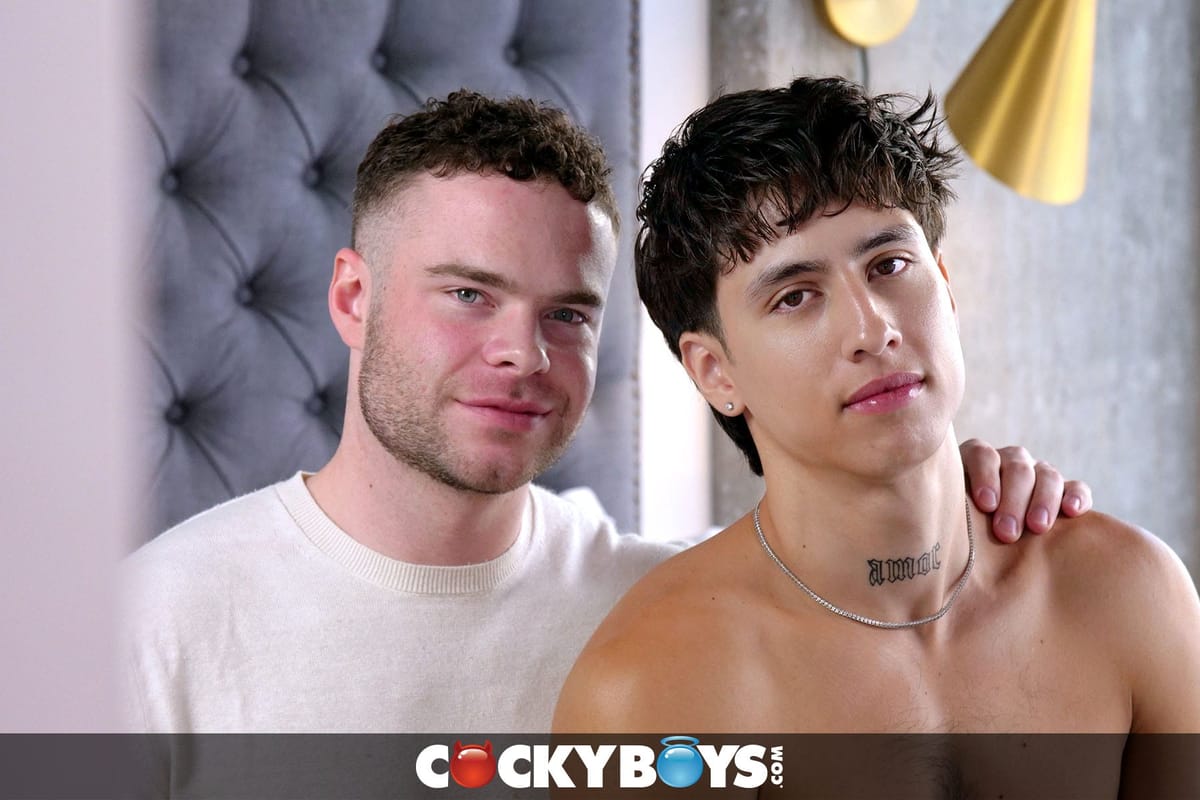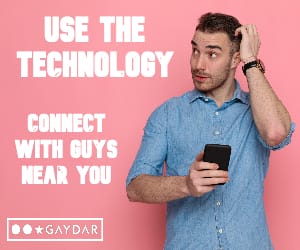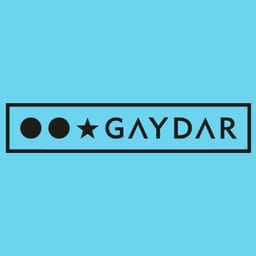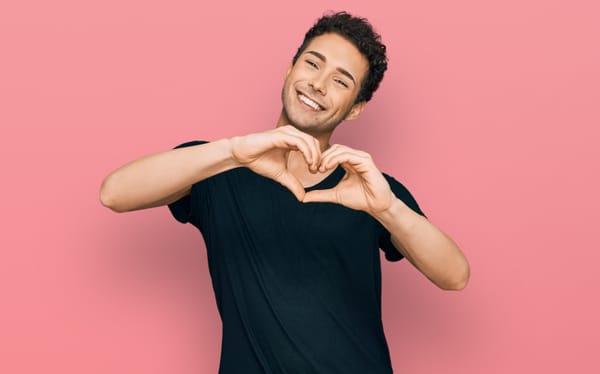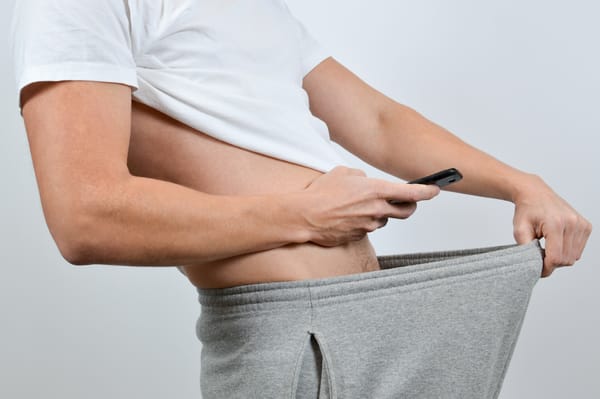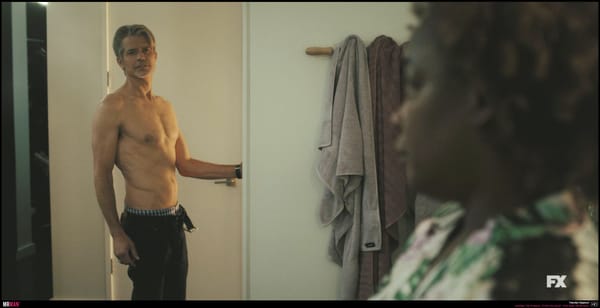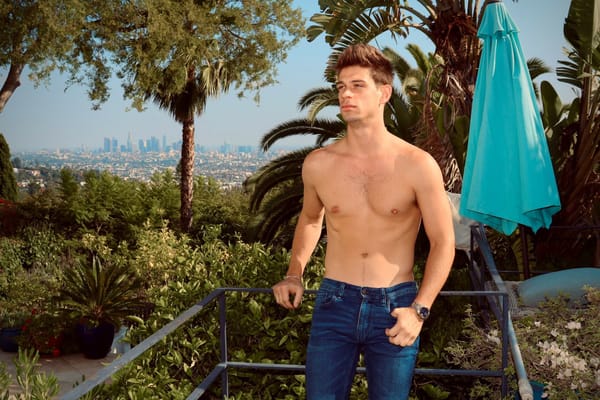Why don’t gay men talk about domestic abuse?
James Barr takes us behind-the-scenes of the very personal inspiration for his Edinburgh Fringe Show.
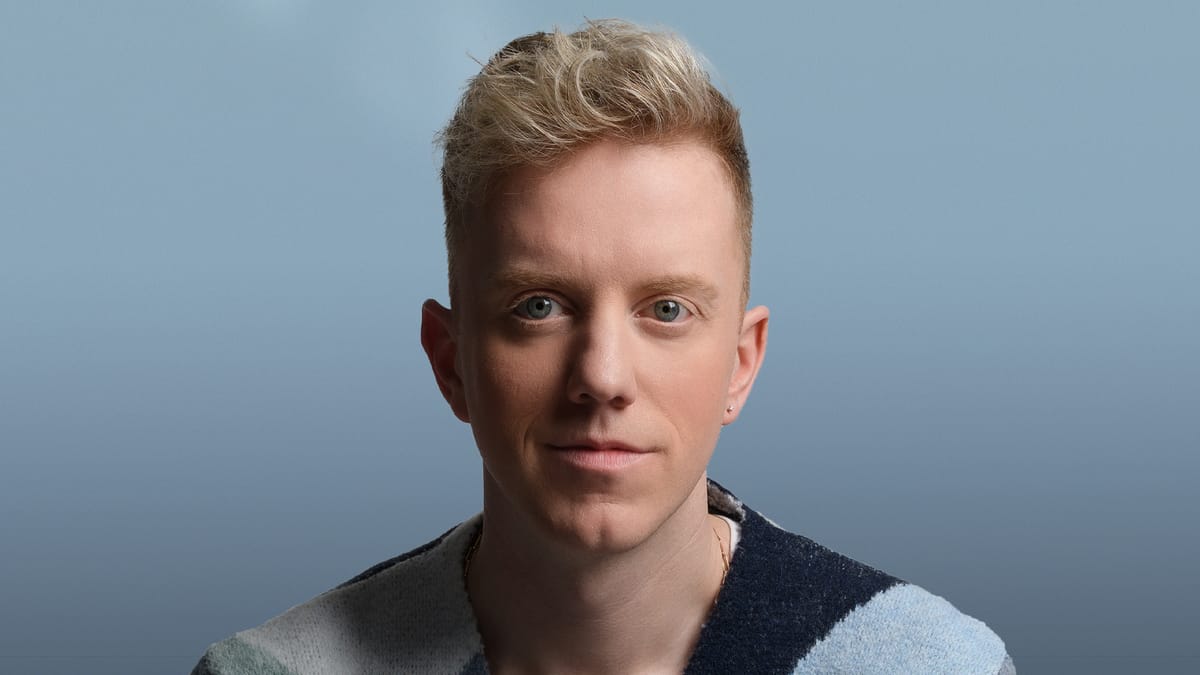
Written by James Barr
It’s not just because society ignores us (though it does). Or because support services rarely recognise us (they don’t). It’s not even just because we fear we won’t be believed. The truth is, many of us don’t speak up because we’ve spent our lives trying to prove that queer love is just as valid, just as wholesome, just as safe as heterosexual love. We want to be the good gays. The acceptable ones. The ones with matching pyjamas, a dog and a joint Instagram account. We know the world is still watching. So, when something goes wrong in our relationships, we protect the brand at all costs. We don’t want to give the people who already hate us another reason to hate us. We don’t want to risk losing what we’ve fought so hard to gain. “Love is love” is our battle cry. But it became our silence, too.
Abusive relationships don’t start abusive. They start romantic. Or horny. Or, in my case, both. We met where all great queer love stories begin: a Spice Girls concert. I was Ginger. He was Scary (spoiler). At first, it was perfect. We texted constantly, he stayed over every weekend, and we had the same favourite Kylie song. At the time, I took that as a sign from the universe. Looking back, it was probably just a sign we were two basic gay men. Red flags weren’t obvious at first. Sometimes even looking for them feels like victim-blaming. But gradually, he started chipping away at my self-esteem. He told friends I had a small penis (I don’t – DM me for proof), and once said, “I’ve never fancied ginger guys before.” You know that trick? The insult disguised as a compliment. I ignored it. But when you start ignoring the small things, you teach yourself to ignore the big things too. Then the violence started.
It took me a long time to realise this was an abusive relationship. It finally clicked, not during a fight, but during a Botox appointment. I had a panic attack, and the clinician ‘Celeste’ asked me if I was okay. I felt four years of stifled unsafety surged up inside of me and I heard myself say it: “Sorry, my boyfriend is violent”. Celeste then shared her story with me. She’d recently left an abusive husband. That interaction changed my life. I realised the importance of sharing our story.
As queer people, we’ve already survived shame. Many of us have had to come out in dangerous circumstances. We've risked rejection, ridicule, or worse… just to live honestly. So we know how to break the silence. We know how to speak the unspeakable and we need to use that power again for ourselves, for each other - and for the people suffering behind closed doors.
Yes, the system fails us. LGBTQ+ people report higher rates of domestic abuse than our straight counterparts (ONS, 2025), but the services available are built for a "man versus woman" dynamic. Police don’t always take male victims seriously. Shelters rarely have inclusive language or training. Therapy spaces often assume straightness by default. If the system doesn’t name you, it won’t catch you.
But we can’t just blame the system. We need to look within. We need to heal.
Queer people carry collective trauma from homophobia, rejection, invisibility. And if we don’t deal with that, we risk hurting others. I’m not just talking to survivors here. I’m talking to all of us. The goal isn't just to escape abuse. It's to stop perpetuating it. So now I’m doing what Celeste did for me. I’m talking about domestic abuse, in my comedy, on stage, in the media, and here. Abuse thrives in silence. But silence is something queer people have already defeated once. So let’s start having honest conversations about domestic abuse. We need services built for us. But most of all, we need each other.
If you’re hurting, or confused, or afraid, please know: you’re not weak. You’re not dramatic. You’re not broken. And you’re not alone. And if you’ve hurt someone? Face your trauma and heal it.
Queer love is powerful. But it’s not exempt from harm. Being proud means being honest. And being free means facing the truth, even when it hurts. Love is love. But only when it’s safe.
James talks about his experience of domestic abuse in his stand-up comedy show Sorry I Hurt Your Son (Said My Ex To My Mum), which he will be taking to the Edinburgh Fringe Festival this year. For tickets and more information, visit: https://underbellyedinburgh.co.uk/event/james-barr-sorry-i-hurt-your-son-
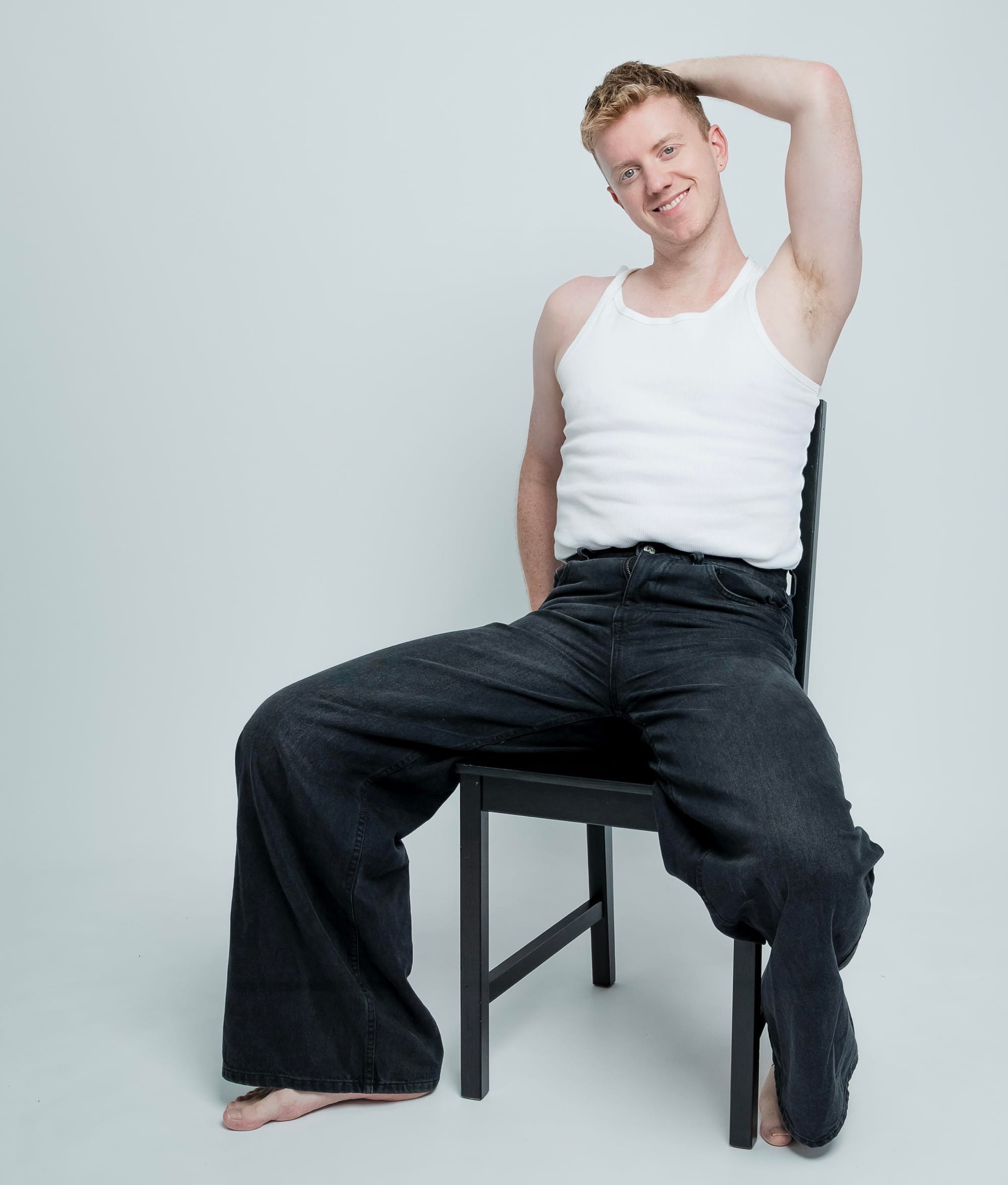
The NSFW edition
If you want to admire some man-on-man action, our NSFW edition gives you every inch.
Sign in and check out our NSFW content - it's free!
